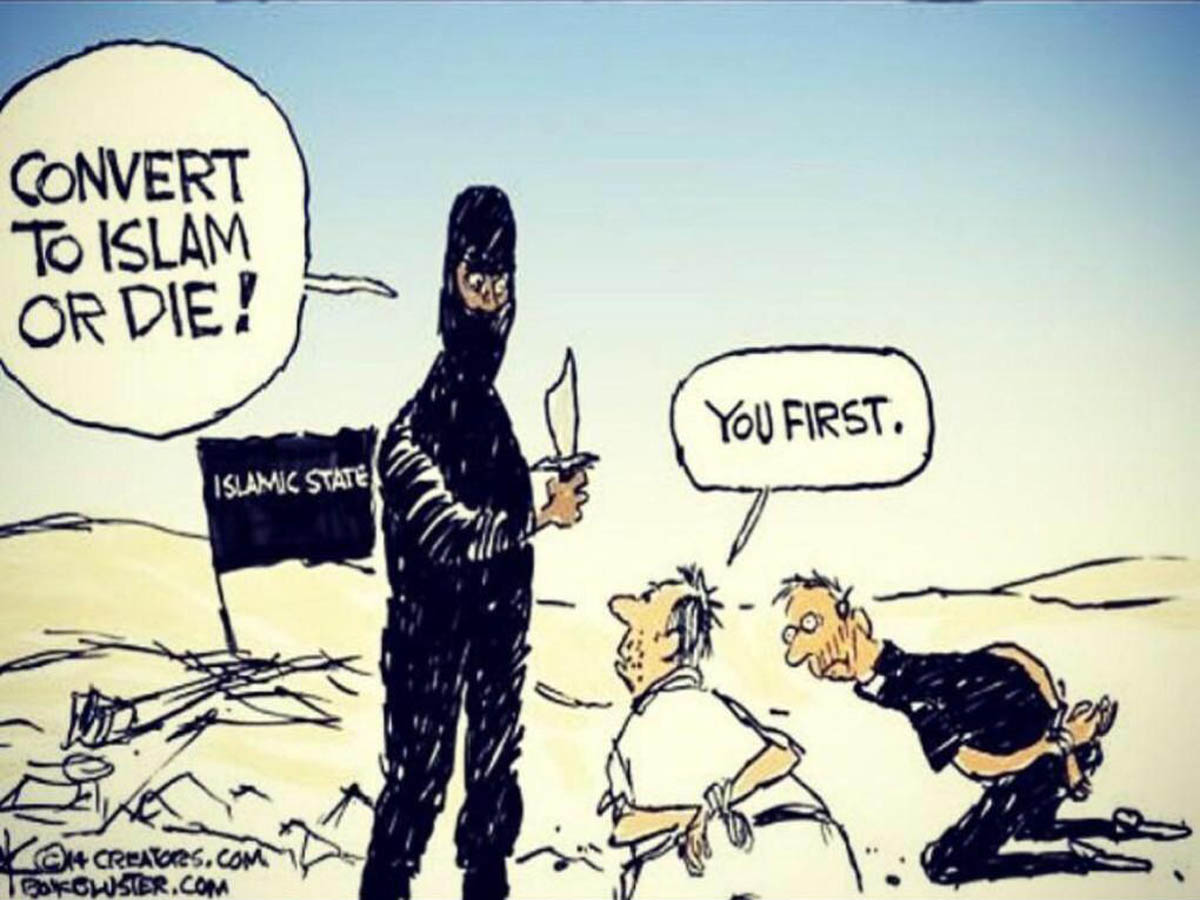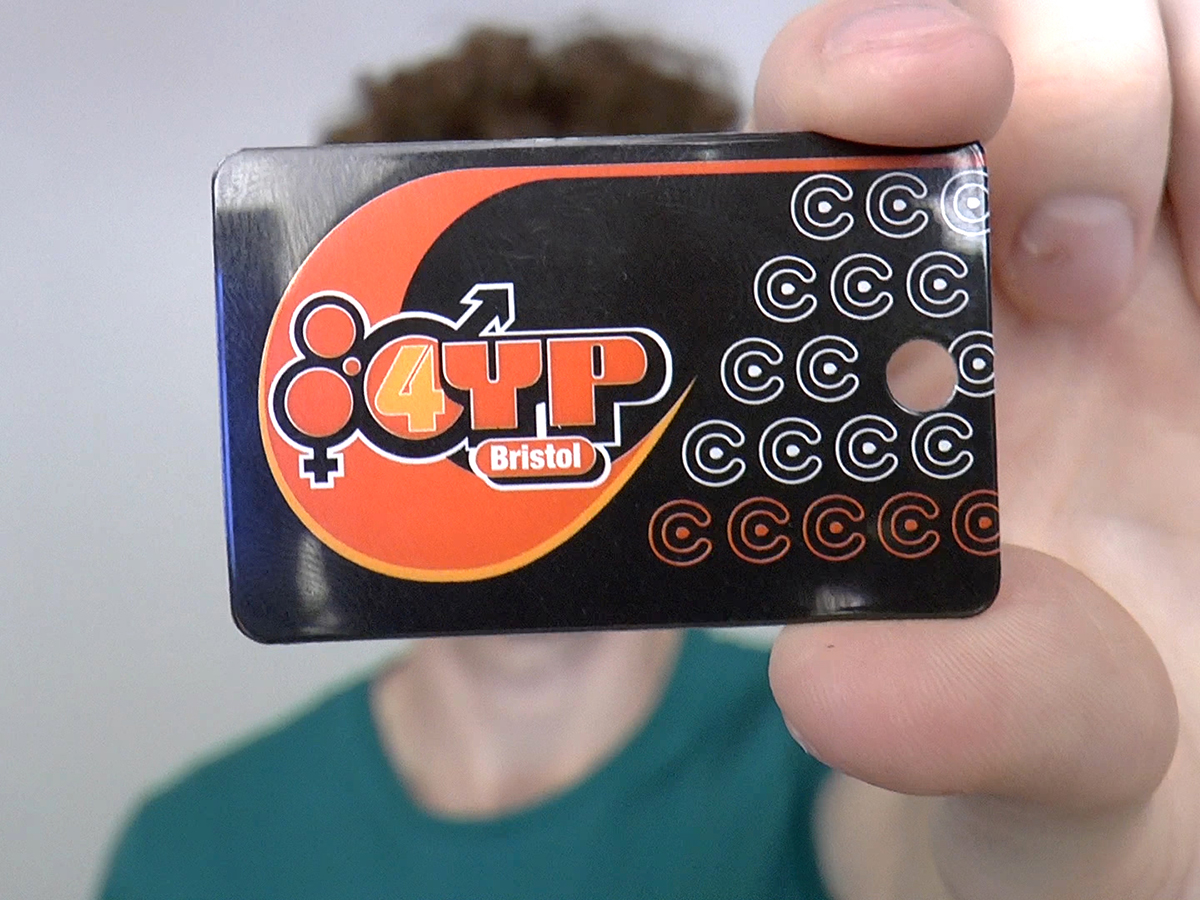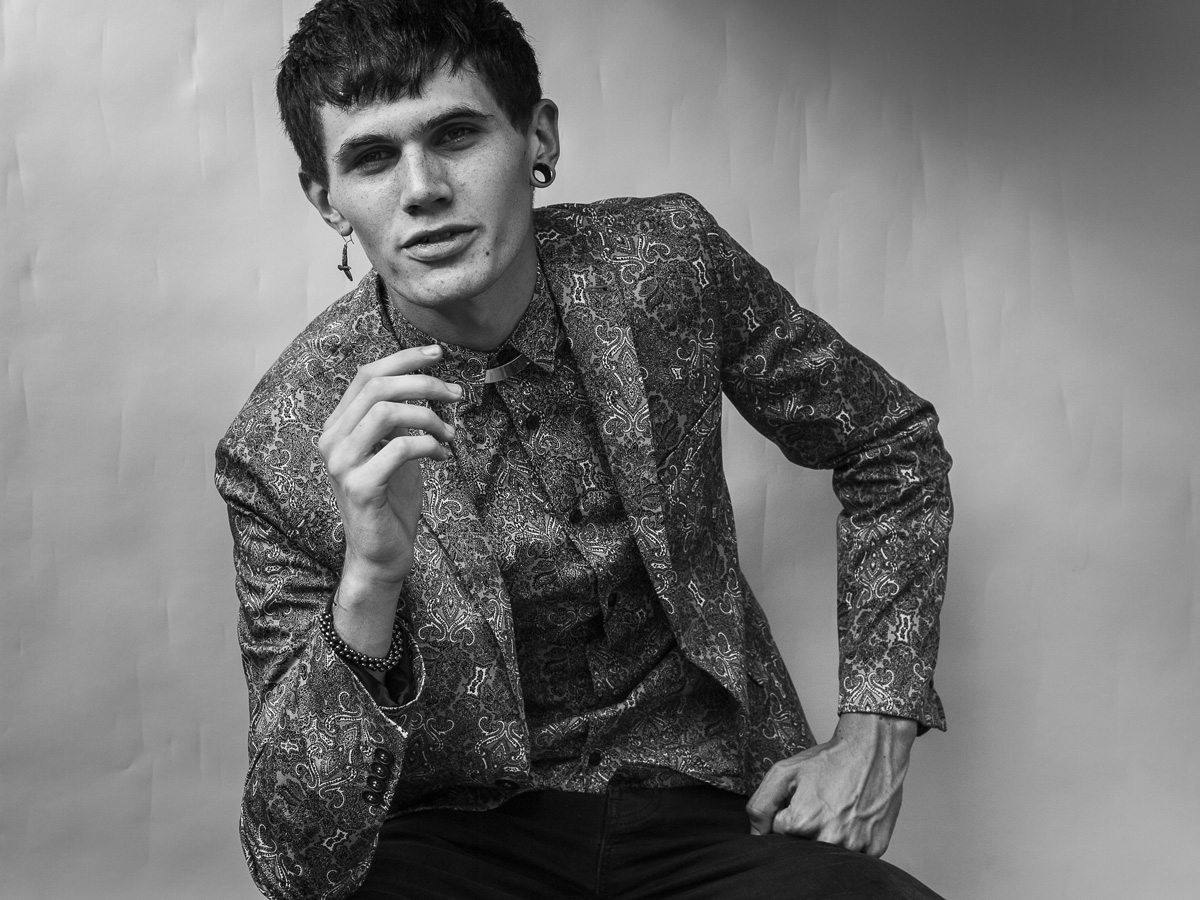‘Maybe I ought to have seen it coming.’

Illustration by Ettie Webb Illustration
Flora’s job at the Edinburgh Fringe had always made her feel safe – until she met one of the famous faces she recognised from the posters
I had just turned 21 and I was working at the heart of the Edinburgh Fringe Festival. I’d been looking forward to it all summer. I’d attended a few times before and marvelled at the hordes of bright, interesting people swarming the city and the exciting events. This time, I was working as a host in an exclusive members-only club attached to one of the major venues. Most people came to the club with at least one of these objectives: to get drunk, to get work, or to get laid.
Most people came to the club with at least one of these objectives: to get drunk, to get work, or to get laid.
As I went through my training, there were whispers among veteran volunteers about famous people who had showed up in years gone by. I had been interested in pursuing a career in the theatre for some time, so I secretly harboured hopes that I might somehow befriend someone well-connected who could show me a way in.
But as well as offering opportunities, the role also presented challenges. For the most part I am a friendly, confident person who enjoys engaging in intimate conversation with even the strangest of strangers. However, I can neither stomach big egos nor easily summon the falseness required to rub along with people I don’t like. So I was not well-suited, I feared, to hobnobbing with the dahlings of the theatre industry.
But I got along just fine, in part thanks to the wonderful team of people I was working with. I shared the job with Charlie, an actor, who took to the role of hosting like a duck to water. He had a smile for every person and their stories – boring, scandalous or amusing, he would listen attentively whether it thrilled him or not. The bar staff were brilliant too. I enjoyed our lively chats as much as I did their eye-rolling at me across the room when things got rowdier in the early hours. There were regulars as well, who I came to know and appreciate whether I liked them or not.
As I went through my training, there were whispers among veteran volunteers about famous people who had showed up in years gone by.
That’s what I liked most about the job. I was compelled to speak with people I would not normally choose to encounter, and my understanding of life, particularly life at the Fringe and in the world of theatre, was all the richer for it. I spoke to struggling comedians, stalwarts of the old guard of English theatre, young breakout theatre companies, people who were loud and funny, and people who were quiet but had a lot to say. I liked to think of the club as a microcosm of wider society.
On one quieter evening, I found myself at the bar. There was a man there, waiting to be served. I recognised him – he had been in a few times before, and his face was on posters around the city. He was an up-and-coming comedian doing his first full hour at the venue I was working for. Either he or I made some remark or other which initiated a conversation, and he offered to buy me a drink. I would often have a couple of pints, as shifts were long and drinking helped me warm to some of the less interesting patrons. He then took me over to meet two of his friends. I remember feeling relieved as I sat down, double vodka coke in hand, as I had spent a lot of time bored in a quiet bar that night.
On one quieter evening, I found myself at the bar. There was a man there, waiting to be served. I recognised him – he had been in a few times before, and his face was on posters around the city.
It soon transpired that this comedian had attended the same university as me, which I was glad to discover. I’d chat to anyone, but the fact that we had something in common made me more interested in getting to know him. I was full of questions about what he’d studied, where he used to hang out, what he liked about the city. His response was pretty nonchalant, giving short shrugging answers.
I was bored again, but I persisted, working off the basis that there is always something to glean from exposing yourself to a new perspective. It was interesting, at least, to muse upon how this shy, slightly inert person might light up on stage. I’d met so many comedians who fizz with energy, driven by a desire to perform at all hours of the day. This one was quite different. We had been sitting together for twenty minutes or so when his friends said they were going to leave. I watched on as they made brief, tenuous arrangements to meet later that night.
It was interesting, at least, to muse upon how this shy, slightly inert person might light up on stage.
Now alone, the comedian asked me to give him a tour of the place. It seemed like a strange request, as I knew there was not much to see, but I was happy to oblige as it presented a good excuse to shake the cobwebs off the faltering conversation. I showed him the balcony-cum-smoking area, the toilets, the bar, the front door. Our tour concluded in a little area behind a curtain where Charlie and I controlled the music. ‘Is that it?’ he said. Is there not somewhere quieter we could go?’ he asked. I didn’t know what he meant. ‘No, not really. The smoking area is probably the best place for a quiet chat. Or I can turn the music down….’ I offered, in an attempt to quell his agitation. As I was saying this, he was trying door handles, all locked. ‘Do these open?’ he persisted. ‘No, I have no idea what’s in there,’ I told him again. ‘It’s nothing to do with us.’
He was trying door handles, all locked. ‘Do these open?’ he persisted. ‘No, I have no idea what’s in there,’ I told him again.
He was starting to annoy me. Why was he being so nosy? If he had managed to get a door open, I wouldn’t mind him having a look – I wasn’t that fussy about breaking the rules (see earlier comments on boredom) – but he seemed frustrated, and I began to wish he would just sit down and have another drink.
‘Are you sure there’s not somewhere more quiet we could go?’ he said, more insistently this time. I seized up, suddenly realising what he was implying. ‘No, I don’t think so,’ I said, trying to maintain composure. I felt weird all at once – as though now my every word and movement were now being scrutinised. I wanted to keep up the pretence that I didn’t know what he was angling for, but I felt wobbly all of a sudden, and I wanted to get away from him.
I felt wobbly all of a sudden, and I wanted to get away from him.
I made some excuse, perhaps to go to the toilet. When I came out, I dodged his view and made a beeline for the bar, slipped behind it and asked one of the staff if I could have a word with her. She discreetly walked me outside. I simply said, ‘there is a man in there who is making me feel uncomfortable.’
As soon as I spoke those words, my anxiety shrank to the size of a pea. My colleague put me completely at ease. She was my age, so it wasn’t the authority of her experience that reassured me – simply her cool manner in the face of my distress. If I had been in her shoes, I fear I would have made someone worried panic further by overreacting. It probably didn’t seem like much to her, but her open and accepting nature gave me the freedom to confide in her without hesitation. As soon as I had got her on board, I felt as though the situation was under control.
We went back inside and I continued my duties as normal. A few minutes later I saw him slip out unannounced. Maybe he was embarrassed, or ashamed. Later that shift, the bar supervisor pulled me to one side. He reassured me that I had the full support of everyone working there if there were ever a similar situation, and that I was to tell him about even the smallest thing.
The incident momentarily turned somewhere I had felt happy, fulfilled, and respected into a place where I was vulnerable.
The incident momentarily turned somewhere I had felt happy, fulfilled, and respected into a place where I was vulnerable. But as soon as my supervisor made his commitment to protecting me clear, I knew it was going to be fine. You cannot underestimate the power that comes from having a network of people rallying round to support you.
Come 5am every shift, after the rabble had gone home, I tidied the place up before getting to bed myself. I distinctly remember the feeling I had at the end of that particular night. The playlist Charlie and I had curated together rolled on in the background. I collected rubbish and straightened out the furniture. In the half-light of morning I took a few deep breaths and considered the events of the evening. I felt relieved.
After the dust settled, the relief turned to anger. Two years on, I am still angry. Nagging thoughts persistently undermine my understanding of events. I keep thinking that maybe I am wrong to be sharing this story and vilifying its protagonist. Maybe I ought to have seen it coming in the first place. Maybe I overreacted.
Two years on, I am still angry. Nagging thoughts persistently undermine my understanding of events. I keep thinking that maybe I am wrong to be sharing this story.
I berate myself for asking these questions. Perhaps he saw that uncertainty and thought I wouldn’t stand up for myself if he tried anything. I hate to imagine that he saw me in this way, and that if he did – he was right to. I feel queasy when I recall his friends leaving. It seemed like a well-rehearsed manoeuvre, complete with a little knowing smile passing between them.
I’ll never know his true intentions. To me, it seems he felt entitled to act how he liked, expecting me to just play along as he was a little well-known and had enjoyed some success. It makes me despair of the way positions of power and exhibitions of common decency seem to repel each other.
It is unfortunate that he mars the memory of what was otherwise a vibrant, exciting event of my youth, but I have taken something more than friends, hangovers and a few funny stories from those long August nights. I have learnt that there are always pockets of community who work together to strengthen and protect each part of it, and that it’s important to seek these out. It’s a lesson I won’t forget.
Rife Magazine is part of Creative Workforce for the Future, a new programme by the West of England Combined Authority (WECA) and the European Social Fund (ESF) which enables talented young people to gain the experience required to sustain creative careers. It’s a positive action scheme that promotes work by those currently underrepresented within the creative industries in the region. Find out more about Creative Workforce for the Future here.

About Rife





